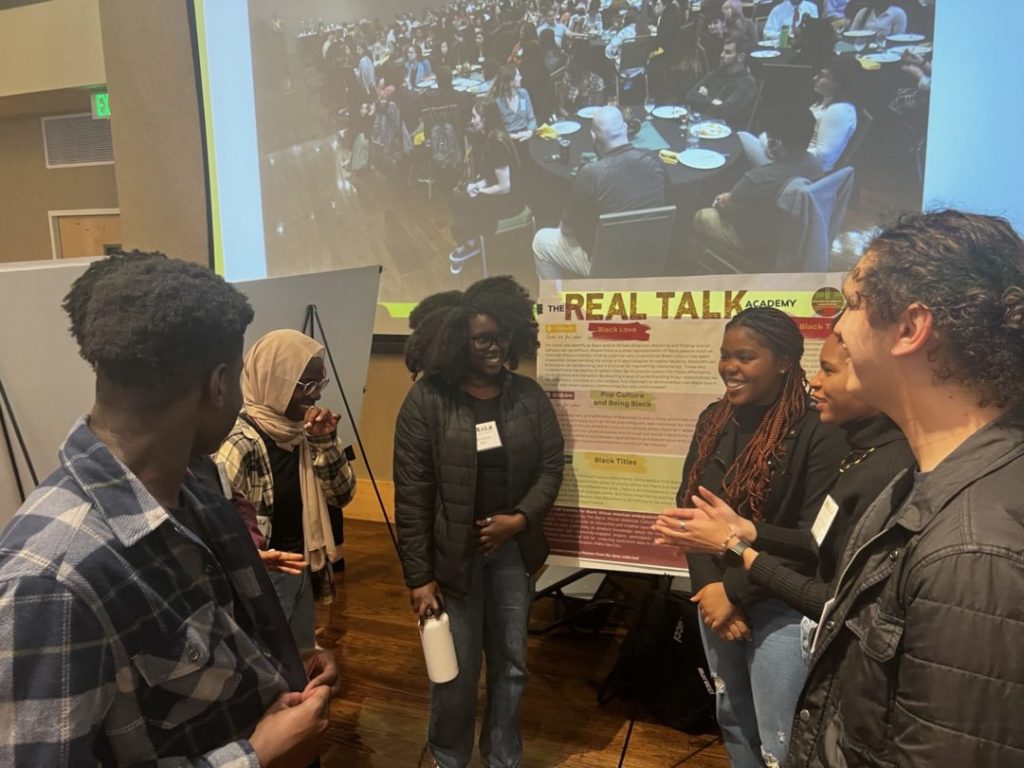

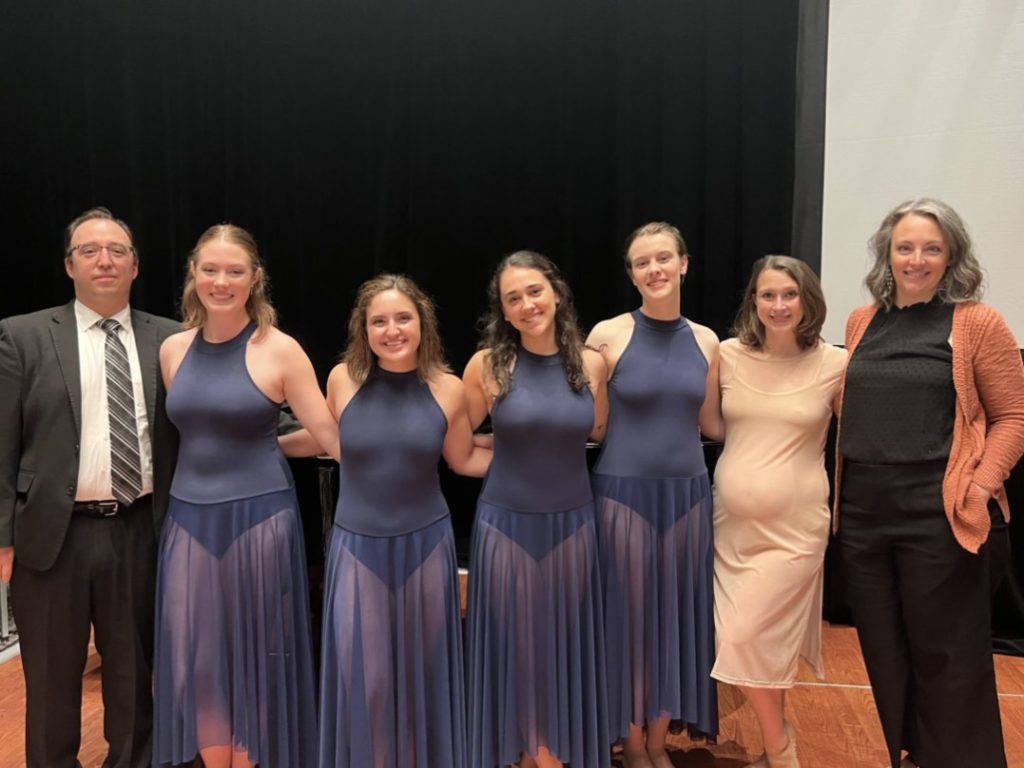
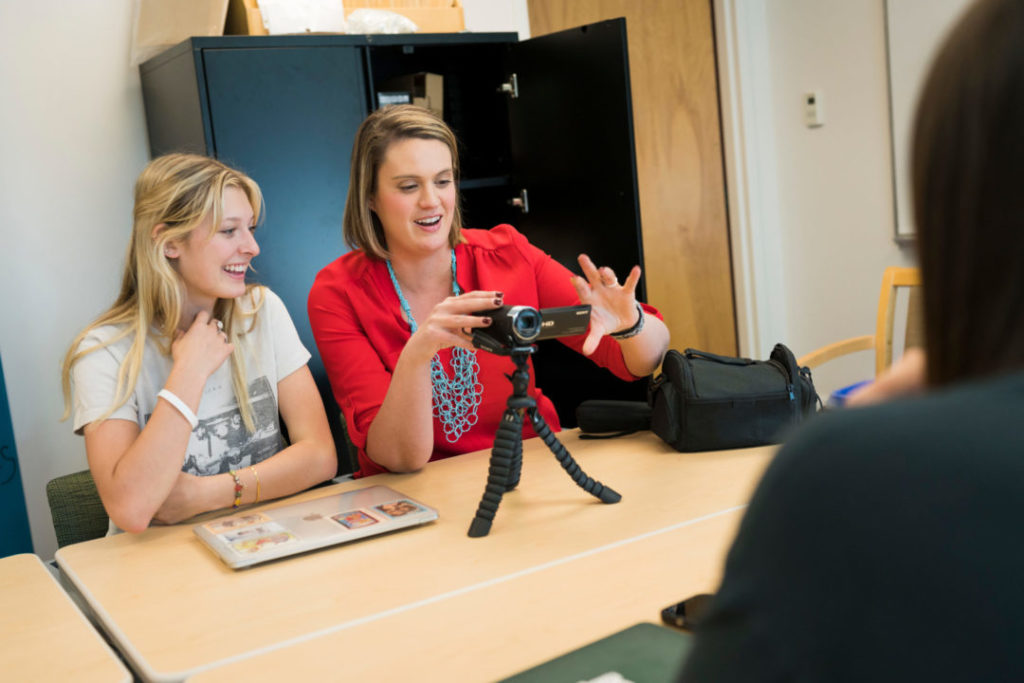
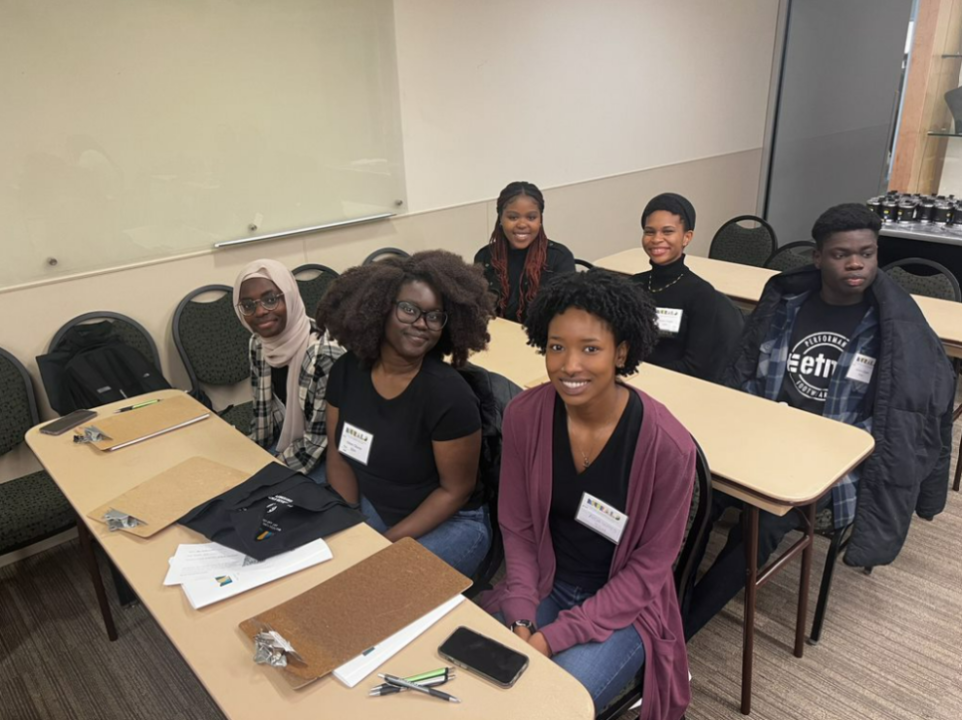
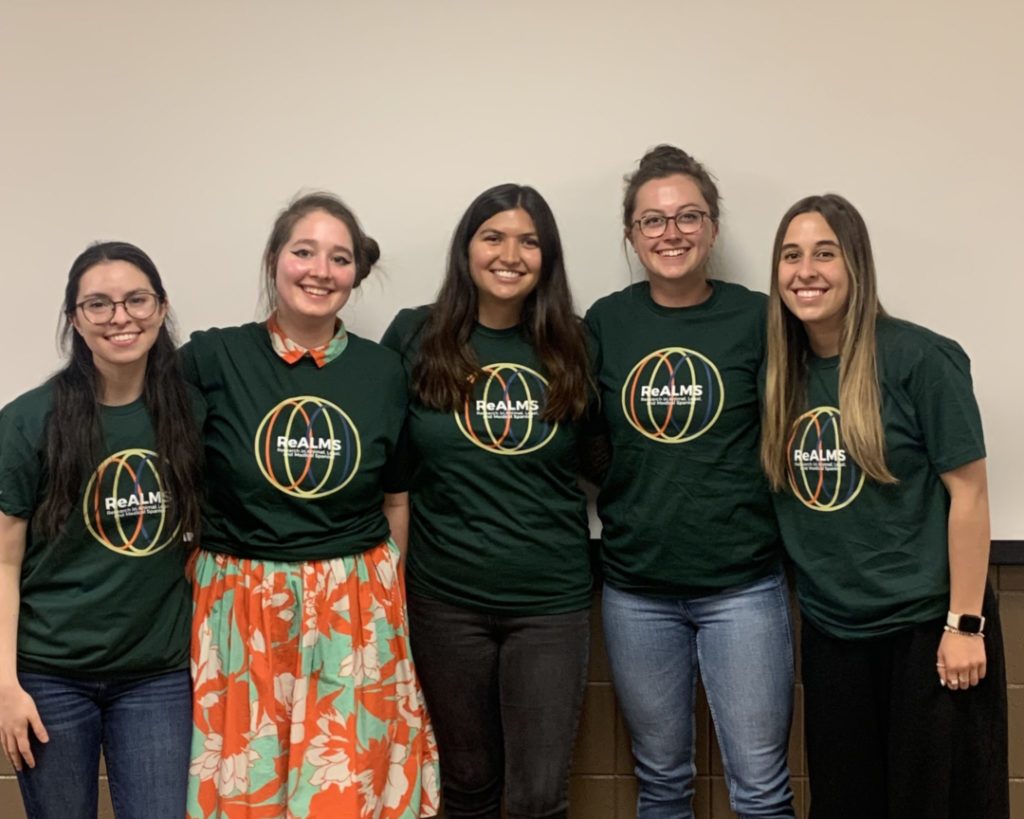
Undergraduate Research Academies within the College of Liberal Arts are thoughtfully curated research opportunities for undergraduate students to build their research experience and to support a culture of learning in the social sciences, humanities and arts.
At a nationally recognized research institution like CSU, the URAs offer high-impact opportunities to liberal arts students. Incorporating students into their robust research interests and projects, the academy leaders, faculty and staff from a myriad of departments help students learn about the possibilities of research within liberal arts disciplines. Recent studies indicate that undergraduates engaged in faculty-mentored research achieve higher academic performance, retention rates and postgraduate entry rates.
Academy alumni and leaders alike remark on the notable value of their experience. Students often mention the impact their involvement had on their future career goals while leaders cite the meaningful ways they developed their own specialized research and industry knowledge. Many leaders rely on their own research history and focus while designing their academy. This allows the leader to continue building on knowledge they are passionate about while sharing past research findings with student participants. By engaging in hands-on research in their chosen area of interest, students gain a keen understanding of the key aspects of research while academy leaders are able to pose new questions and build on their existing knowledge and research.
Since the inception of the program in 2018, there have been 15 different URAs from 13 different departments throughout the college. In the 2022-2023 cycle, there are six new academies and five returning academies. The academies listed below are examples of the kinds of research conducted in the College of Liberal Arts.
Lead by Assistant Professor of Communication Studies Katie Knobloch
Department of Communication Studies
Lead by Associate Professor of Dance Madeline Harvey
School of Music Theatre and Dance
Lead by Assistant Professor of Communication Studies Meara Faw
Department of Communication Studies
Lead by Instructor of International Studies Meagan Todd
International Studies Program
Lead by Assistant Professor of Ethnic Studies Nikoli Attai
Department of Ethnic Studies
Lead by Assistant Professor of Spanish Alyssia Miller De Rutte
Department of Literature, Languages and Cultures
Lead by Postdoctoral Fellow Team Scientist Jake Keyel
Institute for Research in Social Sciences
Lead by Assistant Professors of English Education Rosa Nam & Ricki Ginsberg
Department of English
To get involved with Undergraduate Research Academies, students should visit the Student Research page while prospective academy leaders are encouraged to reach out to The Office for Undergraduate Research and Artistry.